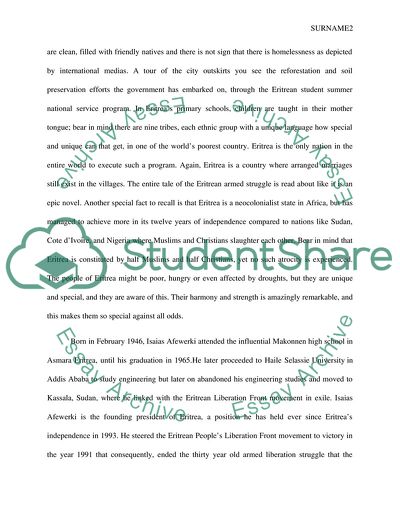Cite this document
(“Eritrea President Isaias Afewerki Biography Essay”, n.d.)
Retrieved de https://studentshare.org/history/1633296-eritrea-president-isaias-afewerki-biography
Retrieved de https://studentshare.org/history/1633296-eritrea-president-isaias-afewerki-biography
(Eritrea President Isaias Afewerki Biography Essay)
https://studentshare.org/history/1633296-eritrea-president-isaias-afewerki-biography.
https://studentshare.org/history/1633296-eritrea-president-isaias-afewerki-biography.
“Eritrea President Isaias Afewerki Biography Essay”, n.d. https://studentshare.org/history/1633296-eritrea-president-isaias-afewerki-biography.


